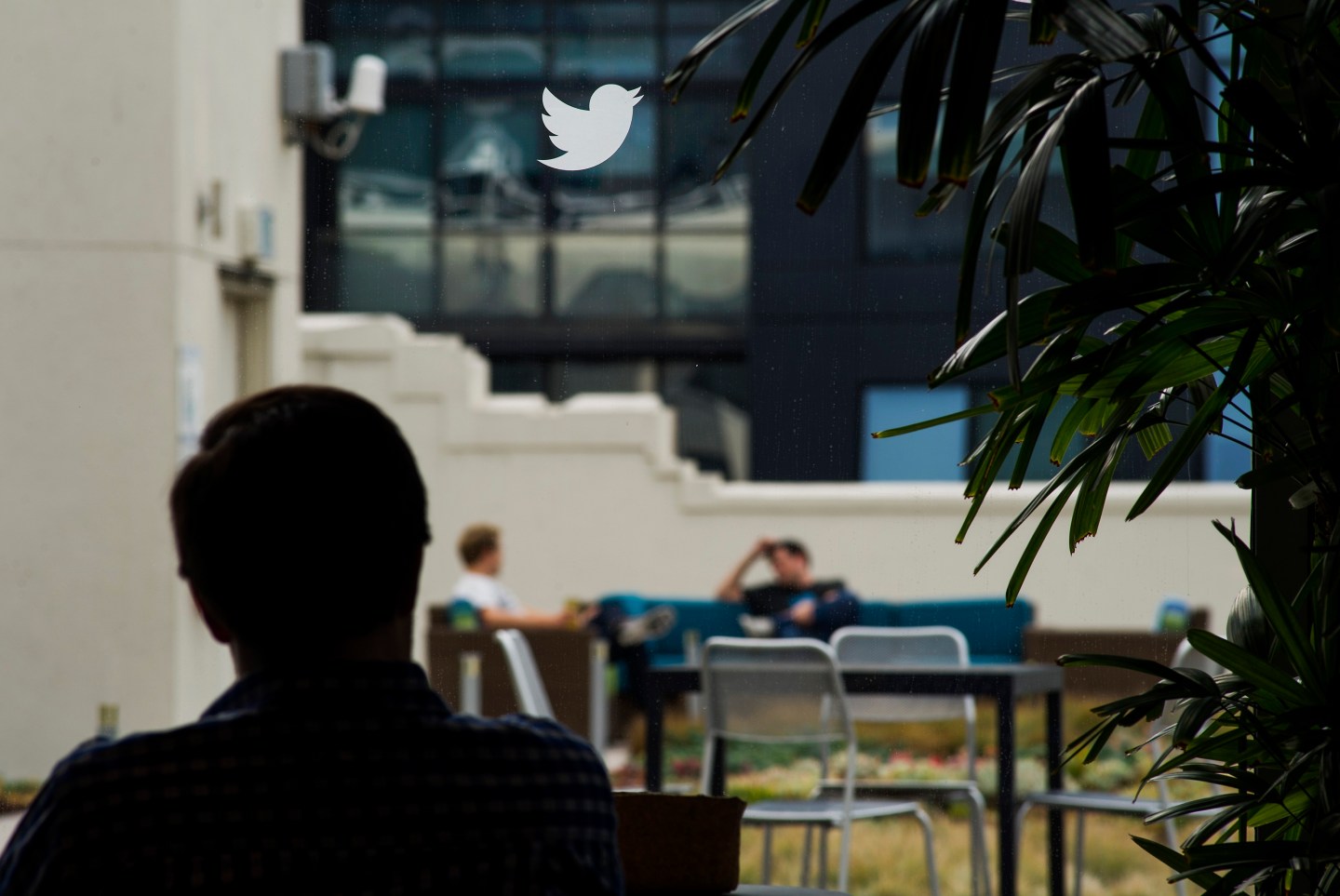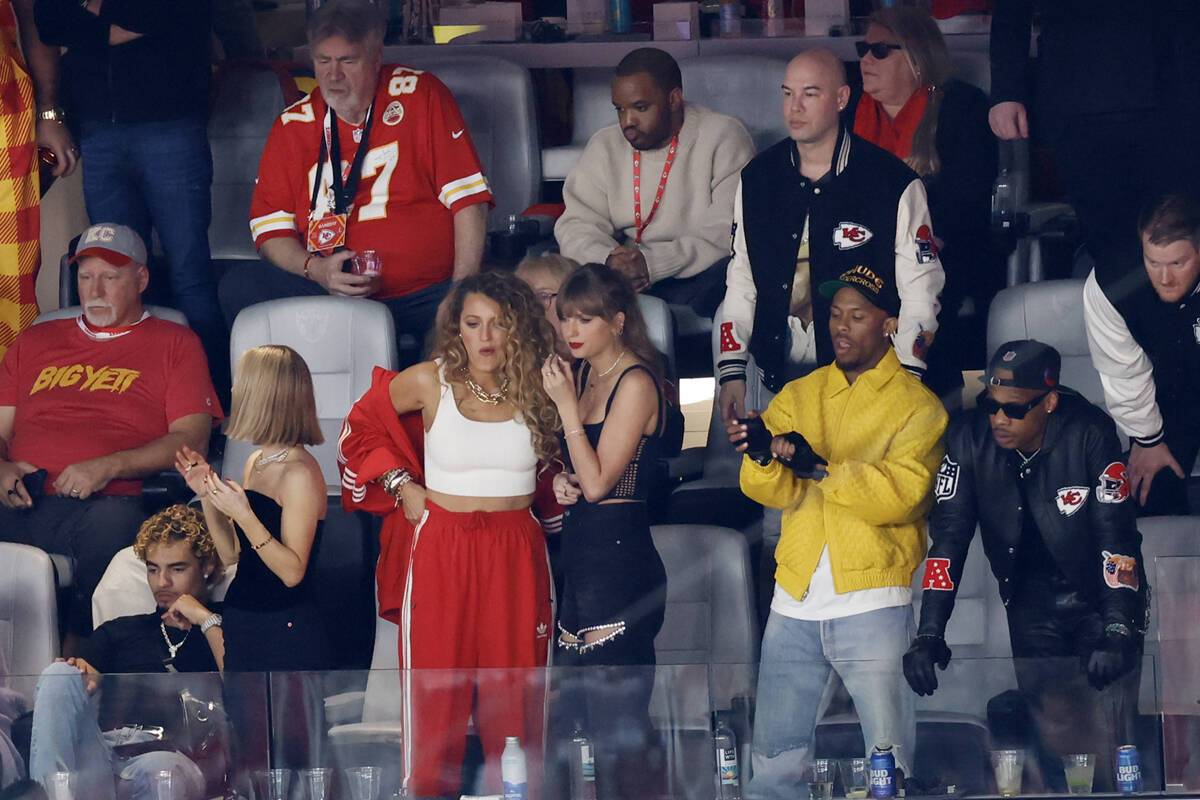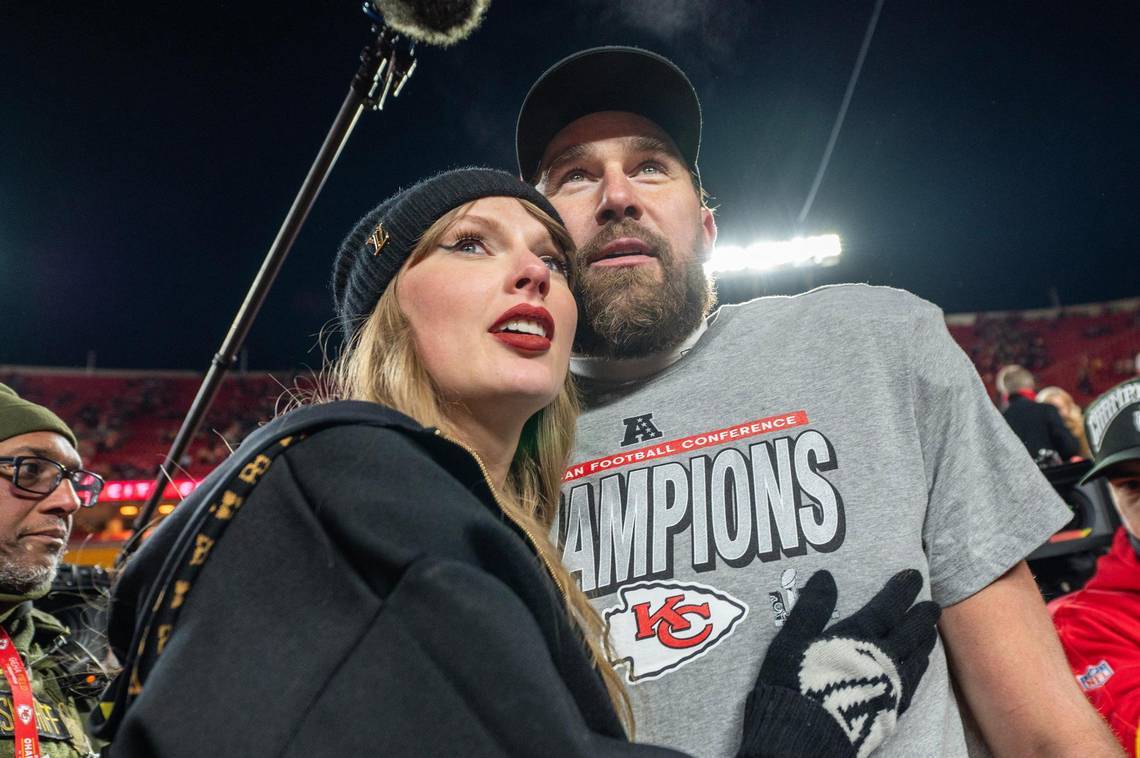In a video game, when you shoot enemy bases or connect a row of like-colored objects, they don’t quietly fade from the screen. If they game is any good, they explode.
Twitter, which rolled out its new heart-shaped favorite button last week, is borrowing from the video game playbook. When you click the heart button, it emits a small burst of little sparkles. The result looks a lot like many of the mobile games out there today (think TwoDots, Candy Crush, etc.), with similar satisfying effects.
It’s not a coincidence. “Video games very quickly figured out that interactivity was a big plus,” says Scott Steinberg video game expert and futurist at consulting firm TechSavvy. “The more positive effects you associate with a specific action, the likelier you are to take that action going forward.”
Essentially, if you click something and something good happens, it’s experienced as a mini-reward in the brain: a little dopamine rush. That rush is chemically addicting. The more positive affects a player associates with an action, i.e. Sparkles, points, or compliments (“Awesome shot!”), the more likely they are to keep doing that thing.
Mobile games in particular have become masterful at delivering just enough positive reinforcement to get users hooked. So much so, that Steinberg says a game like Candy Crush which makes money when users purchase extras is not really a game any more. It’s not meant to be a brain-teaser or a story, but rather a carefully calibrated positive reinforcement-delivery mechanism. “They really are intricately designed puzzle boxes in many ways—all of which are about design thinking, created with one objective in mind,” he says. “To get you to purchase that extra stuff.” Or in Twitter’s case, keep favoriting.
Technology is still making big strides in addiction—just maybe not in the direction we expected.












